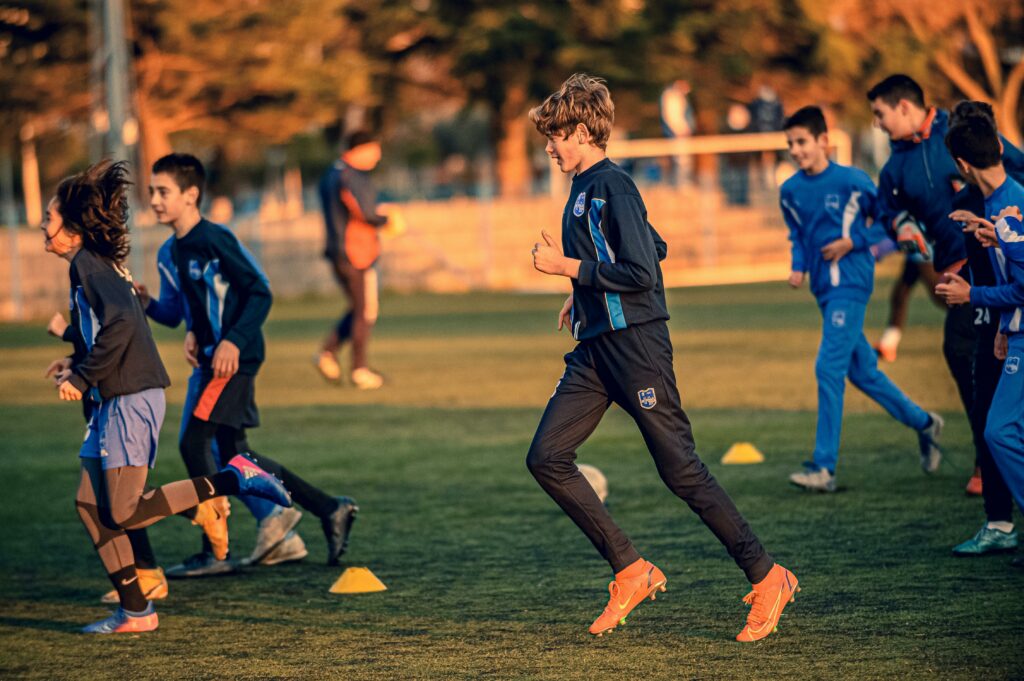When we think about athletic development, the focus often lies on physical abilities and technical skills. As athletes, we dedicate hours to mastering our technical skills—whether it’s perfecting a shot, refining our footwork or improving our endurance.
However, both young athletes and sports organizations frequently overlook one crucial element: mental skills training. This gap can have a long-term impact, potentially hindering athletes from reaching their full potential.
Why everyone knows mental skills training matters but very little is done ?
It’s not rocket science that mental skills training is essential for success in sports, business and life. Yet, despite its recognized importance, it’s often overlooked or under-prioritized. Why? Here’s a deeper look into the reasons behind this gap:
1. Lack of immediate & tangible results
Mental skills training doesn’t provide the instant, tangible results that physical or technical training does. Building resilience, focus or confidence takes time and the progress is often subtle and difficult to measure. Without visible short-term payoffs, it can be hard for athletes, coaches or organizations to prioritize it over activities with more immediate benefits, like improving speed or technique.
2. Stigma around mental health and training
Although progress has been made, there’s still a lingering stigma around mental training in sports. Many associate it with « fixing a problem » rather than enhancing performance. This misconception leads some athletes and sports organizations to avoid addressing mental skills, fearing it could be perceived as a weakness rather than a strength.
3. Lack of expertise or resources
Not every coach or sports organization has the tools or expertise to implement mental skills training effectively. Mental performance coaches or psychologists may not be readily available and many organizations, especially at grassroots levels, lack the funding to hire these experts.
4. The “Winning-Now” mentality
The emphasis on short-term results, like winning games or championships, often overshadows long-term development. Coaches and athletes may prioritize physical preparation and tactical training because those yield quicker results. Mental skills training, on the other hand, requires patience and may not contribute directly to immediate victories.
5. Unawareness of the true impact
Many still underestimate the connection between mental resilience and performance. They might view mental training as a “nice-to-have” rather than a NECESSITY. Yet, studies and stories from elite athletes consistently show that mental toughness is what separates good athletes from great ones.
What needs to change?
- Education and awareness: athletes, coaches and sports organizations need to understand that mental training is as crucial as physical preparation. Highlighting its long-term benefits, such as improved focus under pressure and greater consistency, can help.
- Integration into regular training: mental training shouldn’t be treated as a separate activity. It should be seamlessly woven into everyday practice routines through visualization, mindfulness and confidence-building exercises.
- Making resources accessible: investing in mental performance experts or providing access to online resources can make mental training more widespread and impactful.
- Shifting the culture: changing the narrative from “mental skills as a weakness” to “mental skills as a competitive edge” can encourage more athletes and organizations to prioritize it.
Mental skills training matters because it’s the foundation of high performance. The challenge is shifting from knowing its importance to actively doing something about it. The question is no longer “Why is mental training important?” but rather, “What are we waiting for?”
#mentaltraining #performance #youthatletics #resilience

